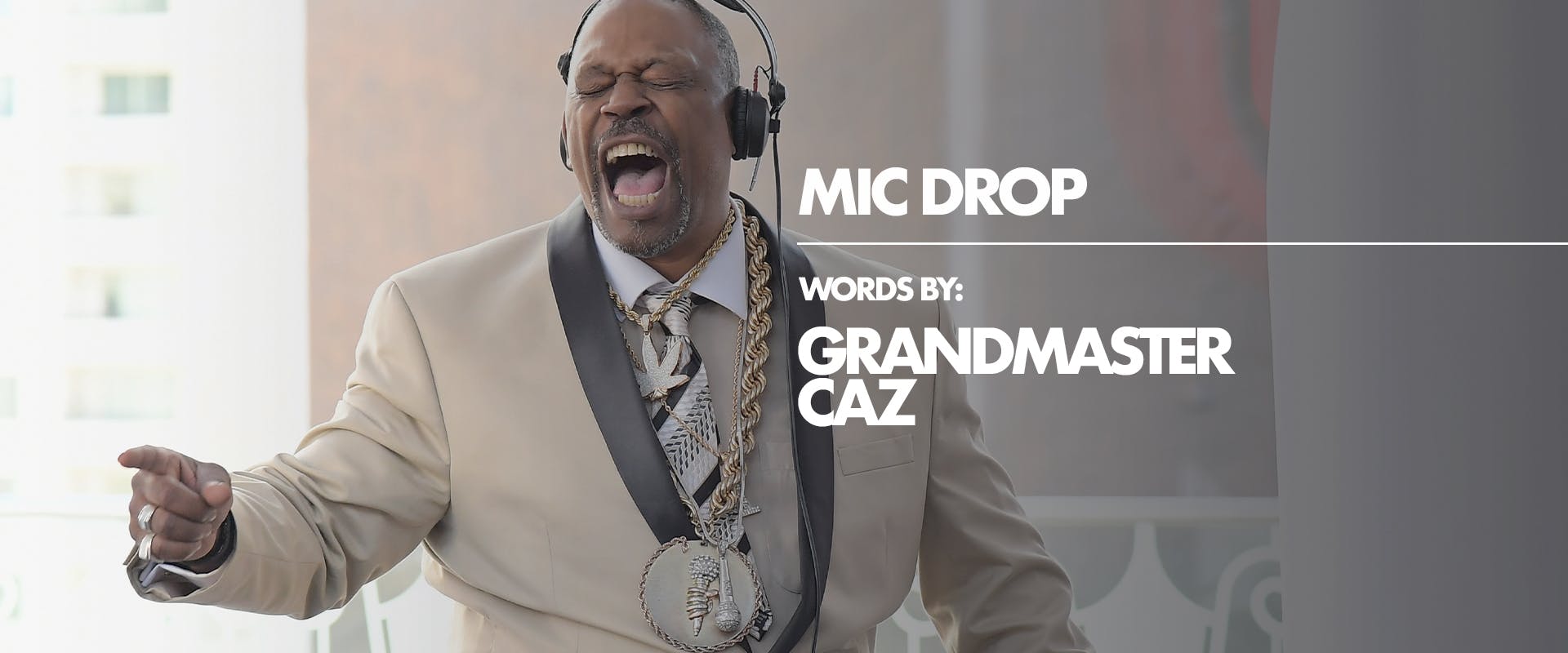Prior to that, nobody dug Hip-Hop except the people who were doing Hip-Hop! Our parents didn't dig it, disco clubs didn't dig it, adults didn't dig it – nothing! We were never encouraged, it was always discouragement: "When are y'all gonna stop doing that? Y'all ain't gonna ever get nowhere doing that!" So we had to go against that kind of mentality constantly to keep doing this thing and keep it alive.
So when these people come out of nowhere and they want to make a movie about us playing in the park and deejaying and stuff like that, it was like "OK, I'm on the right path. This is valid." Because people who are outside of this culture came in and said "Yo, that shit is valuable what you're doing. We want to document that." So that's what gave me pause, like, this shit is real. We're not just playing music in the park.
The pandemic has been real. We've lost family members and things like that. We got halted. But we're hustlers! I'm going to find a way to get some paper. I'm Grandmaster Caz, gotdammit!
I'm going to keep a dollar coming in, one way or the other. It did slow down our main sources of income, live performance and going into studios and stuff. All the studios were closed. We had to find alternatives to that, and we did: send me the beat, I got the home studio right here! Me and my man, we can lay that down for you and send it back to you. Bam!
I got three records out overseas during the pandemic!
You grind even harder when circumstances like that come about. It's like "Oh shit, this ain't poppin' no more." You've got to find another way and a new groove. All of that is just a testament to who we are as people. We built for struggle. We come from struggle. Hip-Hop was built from nothing. We made something from nothing.








